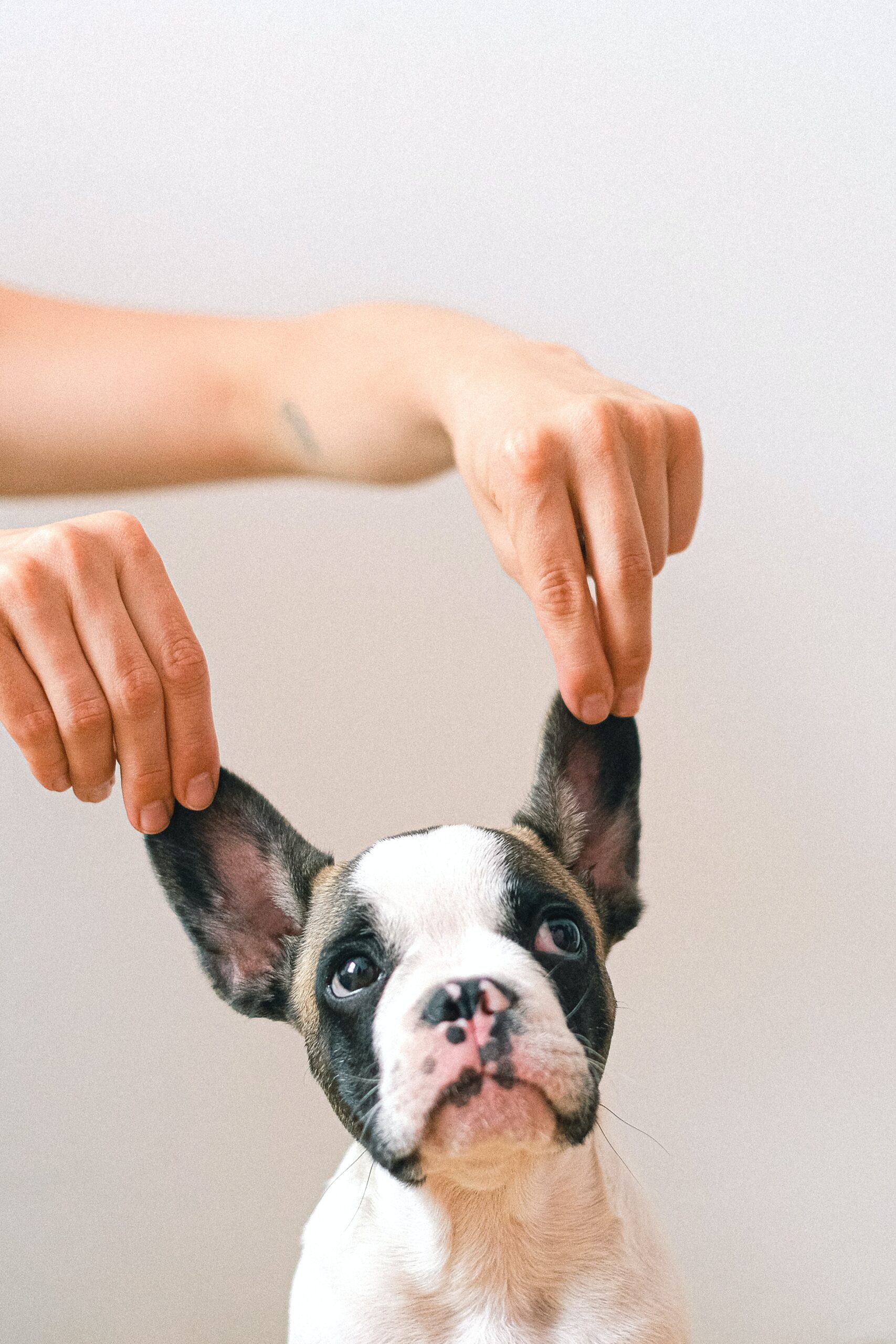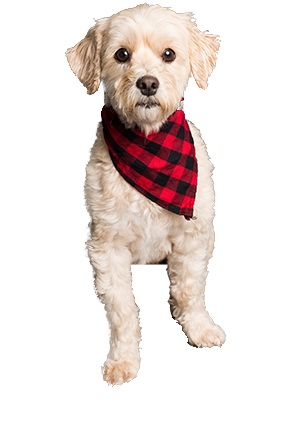Why More People Are Choosing Dogs Over Having Children
In recent years, there has been a noticeable shift in lifestyle preferences, with many individuals and families opting for furry companions instead of starting or expanding their human families. The decision to welcome a dog into the home over having children is influenced by a variety of social, economic, and personal reasons. This trend holds interesting implications for society and raises questions about modern priorities and values.
Understanding the Trend: A Societal Shift
The choice to have pets rather than children is reflective of broader societal changes. Several factors contribute to this evolving preference, including economic conditions, lifestyle choices, and shifting cultural norms.
Economic Considerations
One of the most significant influences on this decision is the economic landscape. Raising children is undeniably costly, encompassing expenses such as education, healthcare, and basic living costs. In contrast, while dogs also require financial commitment, the expenses are generally considered more manageable.
Key Economic Factors:
- The high cost of living and housing prices deter people from starting families.
- Education and childcare expenses make having children a costly long-term commitment.
- Household income constraints and job market instability lead to financial uncertainty.
In many cases, individuals or couples may choose to invest in experiences or lifestyle enjoyment, such as travel and hobbies, rather than the expenses associated with raising children.
Changes in Lifestyle Preferences
Another important consideration is lifestyle. Modern living has shifted towards urbanization, with many people residing in cities where living spaces are limited and life moves at a fast pace. Dogs tend to fit better within this environment than children might, offering companionship without requiring a complete lifestyle overhaul.
Lifestyle Influences:
- Urban dwellers often prefer pets that adapt well to apartment living and city life.
- Couples and individuals value flexibility in their schedules, which pets offer more readily than children do.
- Pet ownership is often seen as compatible with busy, career-oriented lives.
Furthermore, people are increasingly prioritizing personal growth and freedom, elements that may seem at odds with the responsibilities of traditional parenthood.
Emotional and Social Aspects of Pet Ownership
The emotional bond between humans and dogs is a powerful factor that contributes to the growing popularity of pet ownership.
Companionship and Emotional Support
For many, dogs provide unconditional love and companionship that rival human relationships. This bond can be particularly appealing to those who are not yet ready or willing to commit to the long-term responsibilities of parenting.
Emotional Benefits:
- Dogs offer loyalty and companionship, reducing feelings of loneliness.
- Pet ownership is linked to decreased stress and anxiety levels.
- Dogs provide opportunities for exercise and outdoor activities, promoting physical and emotional well-being.
The companionship of a dog can also serve as a source of emotional support, helping individuals navigate life’s challenges and offering a sense of security and routine.
Social Connections and Community
Owning a dog frequently opens doors to social opportunities that might not be as accessible otherwise. Dog walking and visits to the dog park or pet-friendly events naturally foster connections with other pet owners.
Social Impact:
- Pet ownership encourages social interaction and community building.
- Shared pet parenting responsibilities can strengthen relationships among couples.
- Common interest in pets creates new friendships and social networks.
These social interactions can significantly enhance an individual’s sense of belonging and satisfaction, adding another layer of appeal to dog ownership over starting a family.
Balancing Diverse Lifestyles
It’s important to recognize that opting for a pet over a baby is not always a permanent or exclusive decision. Many individuals or couples may choose to have both in different life stages, or they may find that a pet adequately satisfies their nurturing instincts for the time being.
Pet Ownership as a Transitional Stage
For some, owning a pet might serve as a preparatory phase for eventual parenthood, allowing them to test their caregiving capabilities and learn the responsibilities of caring for another living being.
Pet as a Learning Tool:
- Caring for pets can teach vital lessons in responsibility and empathy.
- Pet ownership is a stepping stone toward future family planning.
- It offers practice in managing schedules and resources dedicated to dependents.
Ultimately, choosing a dog over having children is a personal decision that can reflect current priorities, desires, and circumstances. As societies continue to evolve, it’s likely that preferences will change further, offering a rich area of exploration for both individuals and researchers.
The Future: Broader Implications
The rise in choosing pets over parenthood may have broader societal implications, influencing future demographics, economic trends, and cultural norms. As this trend continues, it will be important for societies to adapt to changing needs and preferences, ensuring support systems and policies that accommodate diverse family structures.
Conclusion
While the draw toward pet ownership over having children is rapidly gaining momentum, it’s also intricately tied to individual circumstances and societal context. Understanding the motivations behind this choice highlights current societal values and provides insight into future trends. Whether for economic reasons, lifestyle preferences, or emotional fulfillment, dogs are increasingly becoming the family members of choice in many households. As this trend continues, it will create unique opportunities and challenges that affect us all.


